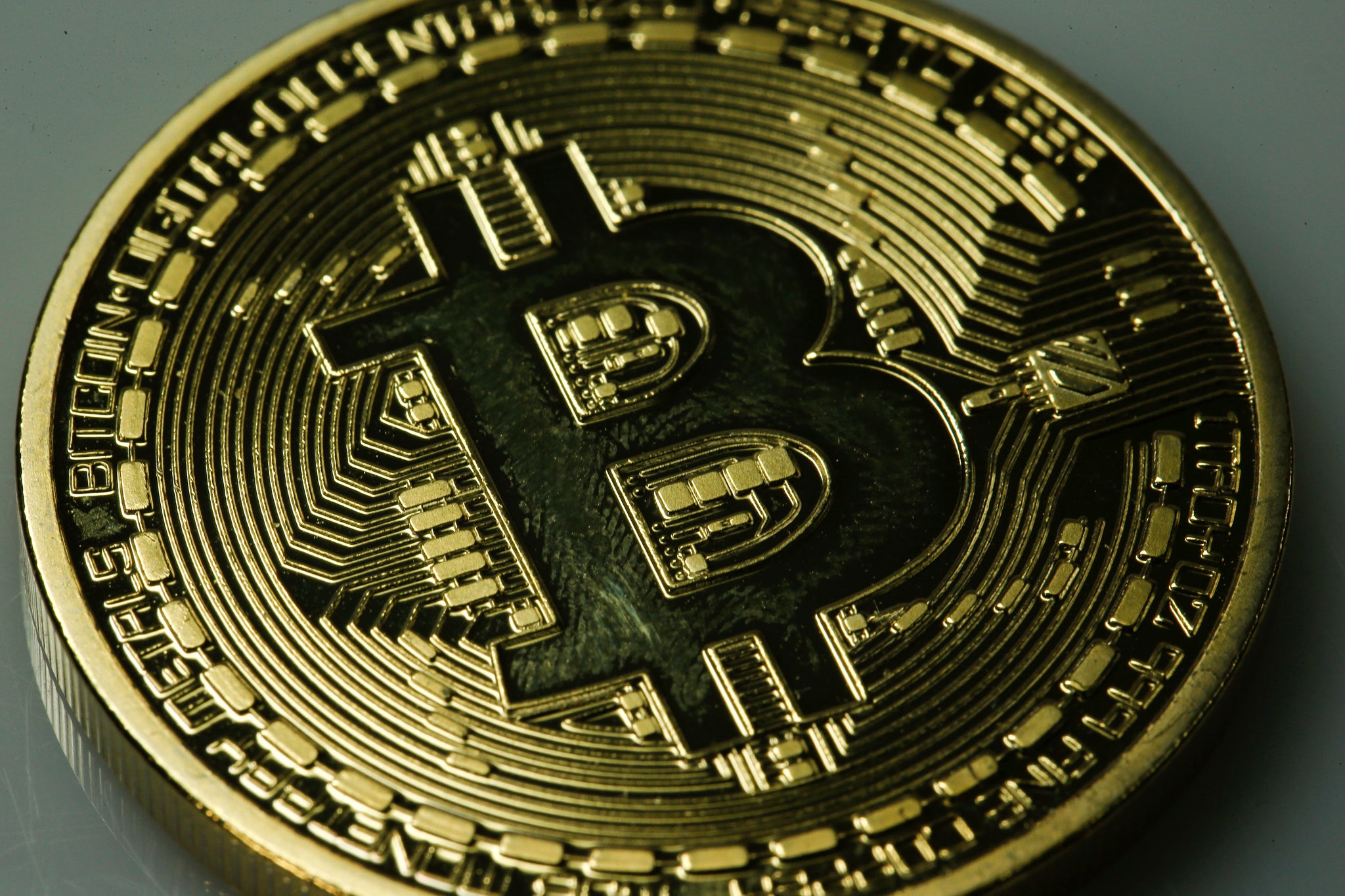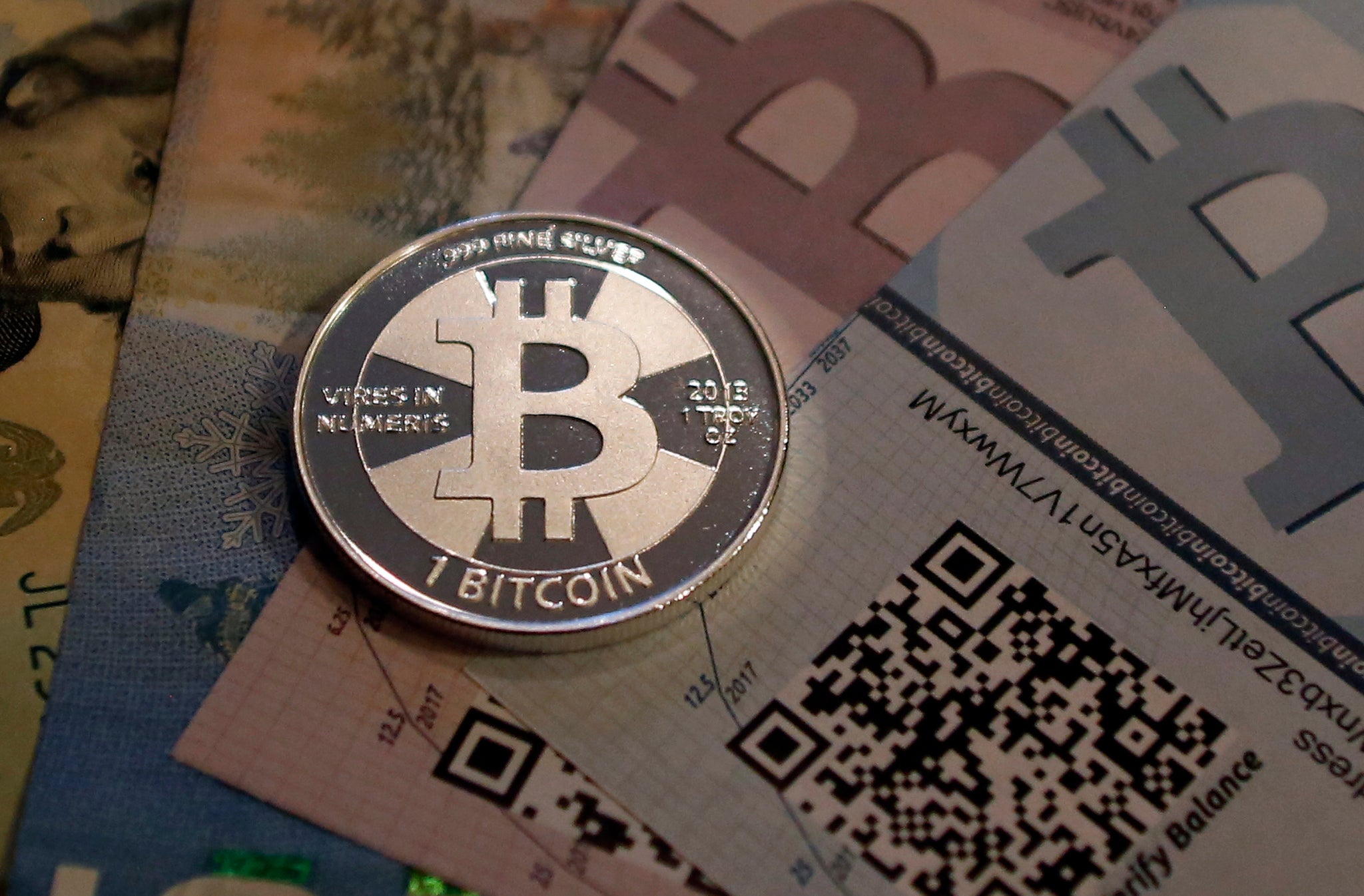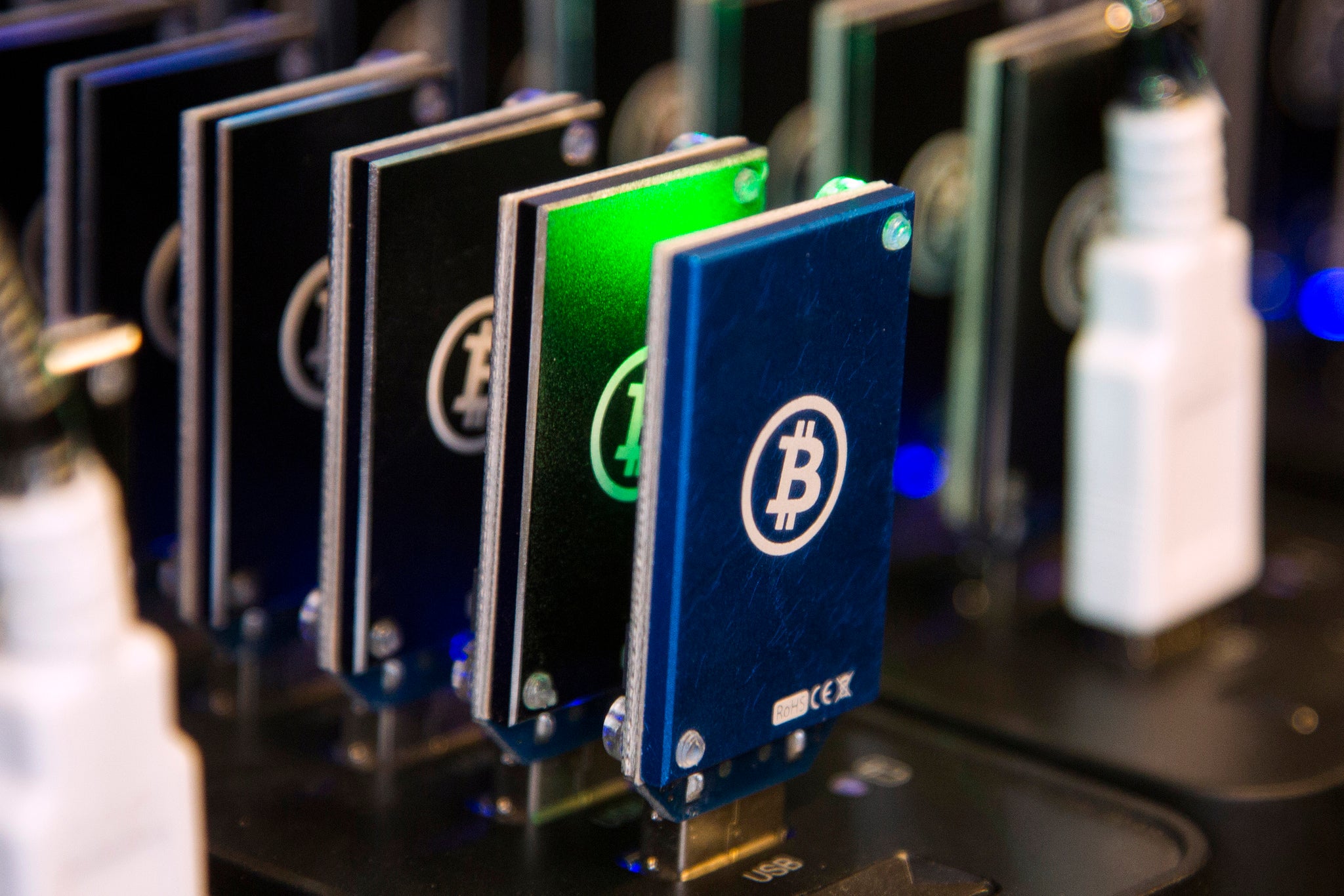What is Bitcoin? A quick guide to the virtual currency, how it works, and its possible future
Bitcoin launched in 2009. Its creator is still unknown and its value has fluctuated but all the signs suggest the digital currency isn't going away

Bitcoin is currently a more reliable store of value for journalists than it is for investors. The concept of a ‘digital cryptocurrency’ and its association with various shady goings-on has turned the virtual currency into a symbol for the digital age.
Bitcoin is reportedly anonymous, untraceable, and anarchic; either an ignorable pastime for geeks or a credible threat to the world’s biggest financial institutions.
Yet despite all the hype, Bitcoin is not going away any time soon and although the currency itself may disappear, the ideas it has seeded in the financial world won’t. Read on to find out more.
What is Bitcoin?
Bitcoin is a new kind of electronic payment system that is often referred to as a “decentralized peer-to-peer currency”. This means that there is no central body that controls the Bitcoin network (in one sense it is regulated and operated by the people who use it) and that unlike other electronic payment systems such as PayPal it also has its own currency – a virtual denomination known as bitcoin.
(Side note: in this explainer we'll be using the capitalised term 'Bitcoin' to refer to the network itself and the lowercase 'bitcoin' to refer to the unit of currency)
Why am I not using it?
There are two major problems facing Bitcoin at the moment, the most visible of which is bitcoin’s volatile valuation. In 2013 alone the price of a single bitcoin went from $13 to over $1000, with investors buying up the currency in hopes of a big future payday. The total worth of all the bitcoins in existence is currently around $3.5 billion and an individual bitcoin is currently worth about $300.
This volatility is also partly due to the many security and legislation problems facing the currency. Bitcoin exchanges have proved to be tempting targets for hackers (a recent attack against the Mt Gox exchange lost some 6 per cent of all bitcoins in circulation) while government opinion on the legality of the currency has swung back and forth.
Both of these factors have affected the currency’s value, but they also show that Bitcoin is not yet mature. It will take time before it becomes of more practical use (if ever) and at the moment many institutions (including Goldman Sachs and the government of Finland) think that it is better to think of Bitcoin a commodity rather than a currency.

Why are people excited about it?
Advocates of Bitcoin believe that because it's not controlled by any central authority Bitcoin won't be hamstrung by external regulations. They also think that although Bitcoin is not currently working as a currency, the technology that underpins it could still be of use to the financial sector.
Bitcoin's lack of central authority has a number of benefits, including the fact that there is no charge when making payments in bitcoin – either locally or internationally. This could not only benefit smaller shops that have to pay a fee to card companies when processing transactions, but could also help individuals whose local financial systems are in trouble or corrupt.
There are also possible benefits to security. Conventional credit card networks only really detect fraud after the fact (eg with that unexpected phone call: ‘We’ve noticed some unusual activity on your card Mrs. X’) while Bitcoin could easily be adapted to a system where payments have to be authorised on, say, a connected – and encrypted - smartphone app.
What about the actual technology?
The concept at the heart of Bitcoin is the blockchain: a public record of all the transactions carried out within the Bitcoin network. This ledger is collectively maintained by everyone who uses the currency and it’s this network of combined computing power that makes it difficult for anyone to make fraudulent payments with the currency.
All current online payment systems rely on a central authority to validate each transaction and make sure that money isn’t spent twice – a problem known as ‘double spending’. For a hacker to ‘double spend’ bitcoin they would need to have more computing power than half of the total network – a web of computers currently performing around 6.5x10^16 calculations per second (that's 65,000,000,000,000,000).
Bitcoin’s structure naturally encourages people to donate their computing power to maintain the blockchain by rewarding individuals with bitcoins. As there are only a set number of bitcoins in the world (21 million, or which there are currently 12 million in circulation) the size of this reward is dwindling over the years, with experts expecting that it will eventually be replaced by a transaction fee – an optional payment that encourages people to process transactions more quickly.

Can I get some bitcoin myself?
The short answer is no – not by maintaining the blockchain anyway. As the Bitcoin network as grown the computing power necessary to directly ‘mine’ bitcoins (the preferred terminology) has rocketed far beyond the reach of the casual user. In order to balance out the energy costs involved mining operations now have to scale up, buying equipment worth tens of thousands of pounds.
There are many ways you can buy bitcoin through various exchanges, some of which work entirely online, some of which pair you up with a seller for a face-to-face transaction, but as Rhodri Marsden found out when he tried to buy some bitcoin – the whole process is often more trouble than it’s worth.

Who made Bitcoin?
Someone calling themselves Satoshi Nakamoto published the rules to the Bitcoin protocol online in 2008, with the network launched quietly in 2009. No-one knows who Nakamoto really is and although there have been plenty of attempts by to track them down, there’s not yet been any definitive evidence to say who Nakamoto really is.
The nearest thing Bitcoin has to a spokesperson is the developer Gavin Andressen, who is the chief scientist at the Bitcoin Foundation, a non-profit that provides a hub for developers working on the Bitcoin code.
However, because the code that defines Bitcoin is open-source (this means you don’t have to pay to access it or implement it) there are also a large number of so-called ‘altcoins’: variants of the currency with various tweaks.
Litecoin, for example, uses different algorithims to shorten the transaction time while Dogecoin (named after the doge meme) was started as a joke but has won the respect of some cryptocurrency fans simply because, unlike Bitcoin, it’s perceived ‘silliness’ means it is more likely to be spent.
What’s the future of Bitcoin?
Believe it or not Dogecoin is actually a pretty good indication of what lies in store for the cryptocurrency. While governments and financial institutions continue to wrangle back and forth over the legality and very definition of Bitcoin, others are taking the currency’s core innovation – the blockchain method of verifying transactions without a central authority – and applying it to a number of problems.
Even Bitcoin itself never achieves widespread usage then the lessons it has already imparted on will have a far-reaching impact on how money is dealt with online. Because bitcoins have not yet proven to be a good store of value banks are unlikely to adopt Bitcoin as a currency, but its decentralized system of use (and the associated lo costs) might be too tempting to ignore.
Join our commenting forum
Join thought-provoking conversations, follow other Independent readers and see their replies
Comments
Bookmark popover
Removed from bookmarks